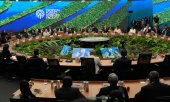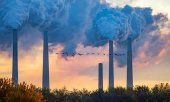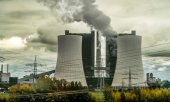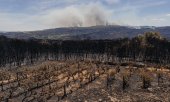The 30th World Climate Conference (COP30) ended on Saturday in Belém, Brazil. A voluntary platform outside the COP committees to speed up progress on climate protection and a new rainforest protection fund were set up, but no consensus on an action plan was reached. Concrete targets for moving away from coal, oil and gas also failed to materialise. Europe's press takes stock.
6 Debates







